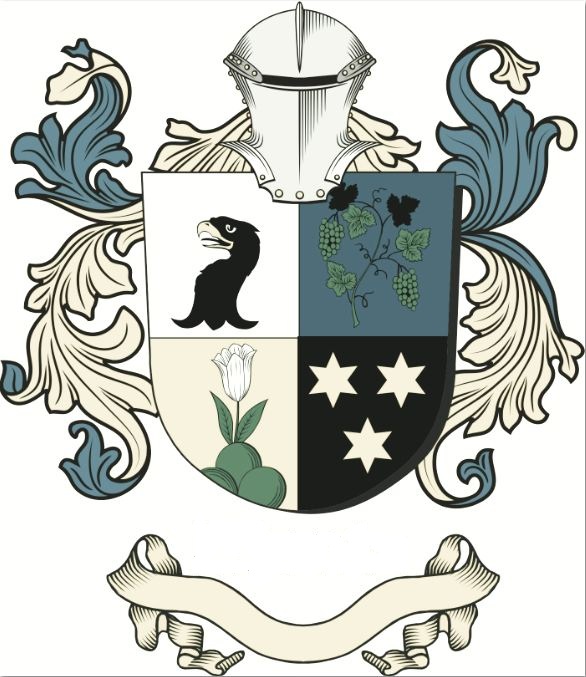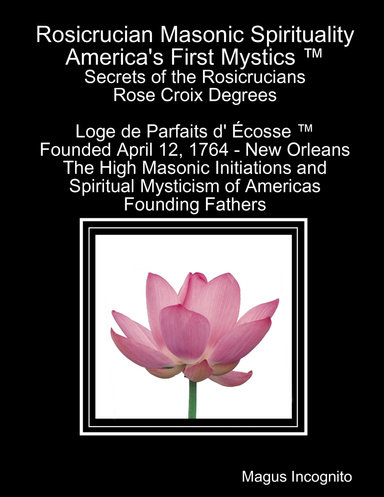Rosicrucian Society ™
Rosicrucian DegreesRosicrucians have a hierarchical system of initiation and advancement based on different levels of knowledge and understanding. Some of the degrees that are commonly associated with the Rosicrucians include:
Here is a description of some of the degrees.
The Original Rite of 25 High DegreesA French trader, by the name of Estienne Morin, had been involved in high degree Masonry in Bordeaux since 1744 and, in 1747, founded an "Ecossais" lodge (Scots Masters Lodge) in the city of Le Cap Francais, on the north coast of the French colony of Saint-Domingue (now Haiti). Over the next decade, high degree Freemasonry continued to spread to the Western hemisphere as the high degree lodge at Bordeaux warranted or recognized seven Ecossais lodges there. In Paris in the year 1761, a Patent was issued to Estienne Morin, dated 27 August creating him "Grand Inspector for all parts of the New World." This Patent was signed by officials of the Grand Lodge at Paris and appears to have originally granted him power over the craft lodges only, and not over the high, or "Ecossais", degree lodges. Later copies of this Patent appear to have been embellished, probably by Morin, to improve his position over the high degree lodges in the West Indies.[10 ] Early writers long believed that a "Rite of Perfection" consisting of 25 degrees, the highest being the "Sublime Prince of the Royal Secret", and being the predecessor of the Scottish Rite, had been formed in Paris by a high degree council calling itself "The Council of Emperors of the East and West". The title "Rite of Perfection" first appeared in the Preface to the "Grand Constitutions of 1786", the authority for which is now known to be faulty.[11] It is now generally accepted that this Rite of twenty-five degrees was compiled by Estienne Morin and is therefore more properly titled "The Rite of the Royal Secret", or "Morin's Rite".[12] Morin returned to the West Indies in 1762 or 1763, to Saint-Domingue, where, armed with his new Patent, he assumed powers to constitute lodges of all degrees, spreading the high degrees throughout the West Indies and North America. Morin stayed in Saint-Domingue until 1766 when he moved to Jamaica. At Kingston, Jamaica, in 1770, Morin created a "Grand Chapter" of his new Rite (the Grand Council of Jamaica). Morin died in 1771 and was buried in Kingston.[13]
|

© Copyright Societas Rosicruciana.com , 2008-2020 All Rights
Reserved
Home Join Manifesto History Degrees Society Contact High Degrees Rose Croix Degrees Rosicrucian References Resources Masonic Rosicrucian Degrees History Hermetic Beliefs The Magus Temple of Rosy Cross Prosperity Contact Society Confessio Fama Text Societas Rosicruciana Rosicrucian Thought Force Character Audio Books
